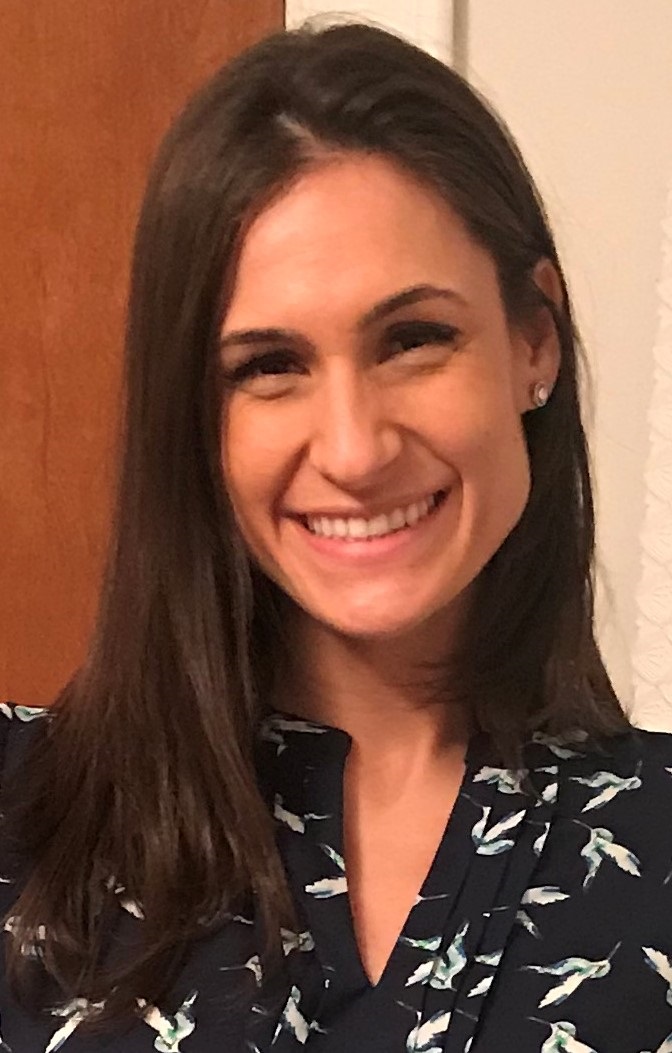Employment rates for individuals with traumatic spinal cord injury (SCI) 1-year post-injury are 12% for all Spinal Cord Injury Model Systems (SCIMS) centers across all years; 16% for all SCIMS centers from 2011-2016; and 21% for Northern New Jersey Spinal Cord Injury System from 2011-2016. Factors such as increasingly short inpatient rehabilitation hospital stays where health and physical function are the primary treatment foci, limited follow through to enroll and maintain participation in vocational rehabilitation (VR) services, and high demand on state VR agencies to expand client base beyond the medical rehabilitation context contribute to low employment rates for this population. Vocational Resource Facilitation (VRF) brings vocational services to medical rehabilitation and is designed to target barriers contributing to low employment rates by enrolling individuals during acute inpatient rehabilitation followed by VRF for two years post-discharge. Since program inception in 2016, one-year employment rates at our institution for people with traumatic SCI who received VRF is 44%, demonstrating 110%-267% improvement over SCIMS benchmarks. Presentation content will describe research findings related to early employment intervention in medical rehabilitation, list the components of the vocational resource facilitation model, and comprehend historical trends in vocational rehabilitation and medical rehabilitation that provide the underlying rationale for the VRF model.
Meet the Presenter:
Adria De Simone
Adria De Simone graduated from the University of Scranton with an undergraduate degree in Counseling and Human Services and a master’s degree in Rehabilitation Counseling. She holds national certification as a Certified Rehabilitation Counselor, Community Partner Work Incentives Counselor, and Licensed Professional Counselor through the NJ Department of Marriage and Family Counseling. Adria's work experience includes vocational skill development and training for adults with mental health and autism spectrum disorder. She also provided clinical counseling services for families with children diagnosed with intellectual disabilities, autism spectrum disorder, and attention deficit disorder. During her tenure at Kessler Institute for Rehabilitation (KIR), Adria worked in the Cognitive Rehabilitation Program, leading the Functional Skills Group to return individuals with brain injuries back to work and education. Adria was the appointed therapist trained to complete Pre-Vocational Cognitive Assessments to identify cognitive, physical, and behavioral barriers to employment. In her current role at Kessler, Adria serves as the vocational counselor implementing the innovative Vocational Resource Facilitation Program for people with spinal cord injury/disease. Through a collaborative partnership with the NJ Division of Vocational Rehabilitation, this program created a standard of care and best practice for vocational rehabilitation professionals that reduces barriers and greatly exceeds historically low employment rates for the SCI population. Adria presented on this program at the 2019 and 2021 National Academy of Spinal Cord Injury Professionals conference, National Trends in Disability Employment (nTIDE) series, KIR 6th Annual Neuro-Trauma Conference, and KIR Spinal Cord Injury Grand Rounds.




